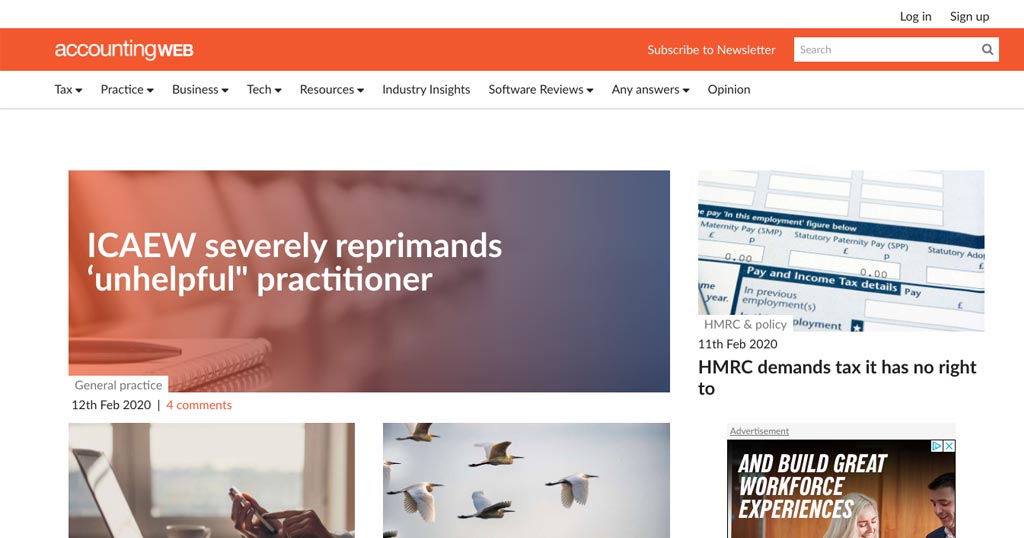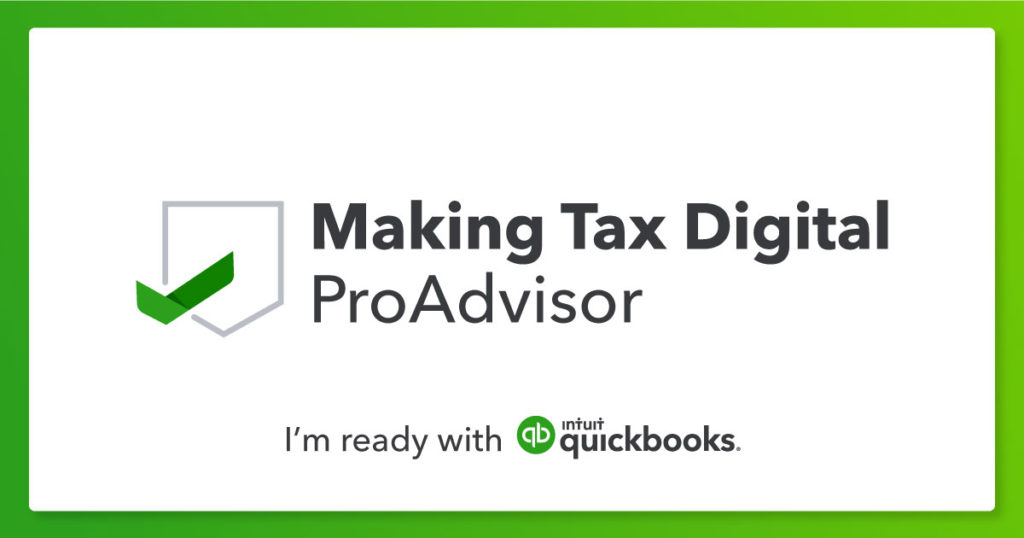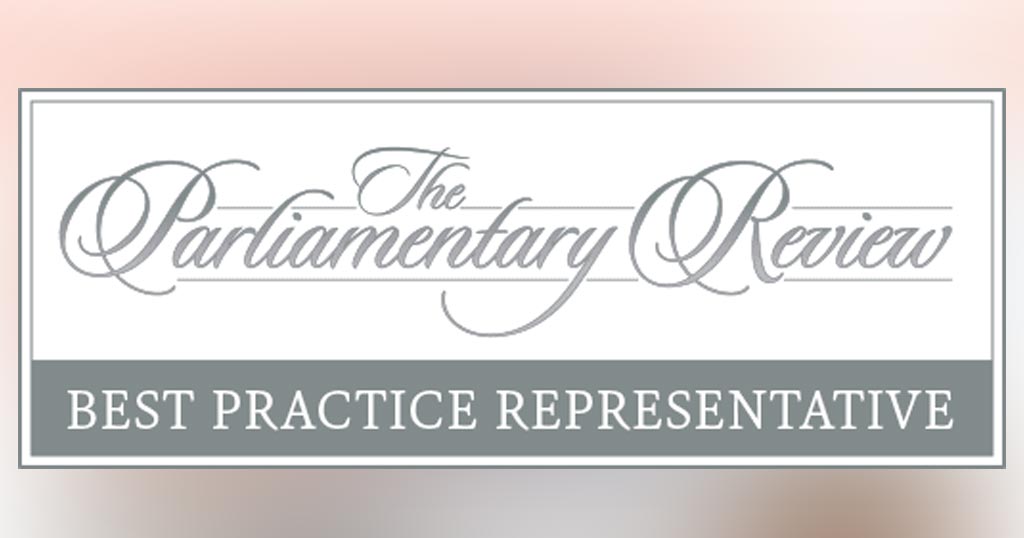Making Tax Digital (MTD) is a UK government initiative requiring businesses and landlords to maintain digital records and submit tax information via MTD-compatible software.
The main goal of MTD is to reduce the burden of tax compliance and to make the tax system more efficient and effective.
MTD is being implemented in phases, with the first phase focusing on VAT-registered businesses with a taxable turnover above the VAT threshold (currently £90,000).
These businesses will be required to keep digital records of their VAT transactions and to use MTD-compatible software to submit their VAT returns.
This requirement has been updated from the 2024/25 fiscal year.
The government has stated that the eventual goal of MTD is to extend the digital record-keeping and submission requirements to other taxes, such as income tax and corporation tax.
As of September 2021, most of these changes are slated to be implemented from April 2024 and beyond.
The introduction of MTD has raised some concerns among businesses and individuals.
Some have questioned whether they will be able to comply with the new requirements, particularly if they are not familiar with digital record-keeping or if they do not have access to suitable software.
Others have raised concerns about the cost of implementing MTD, and the potential impact on small businesses in particular.
At Majors Accounts, we are an agile, technology-first accountancy firm helping businesses adjust to the new tax system. We are here to demystify the new tax rules, and help people to feel confident about adjusting to an MTD world.
In this article, we look at:
Prepare for MTD with Majors Accounts
What is MTD?
Making Tax Digital (MTD) is a government initiative designed to modernise how individuals and businesses manage and report their taxes. For sole traders and landlords, it means moving away from the traditional once-a-year self-assessment tax return and switching to a more digital, real-time way of keeping records and submitting information to HMRC.
Who Does MTD Apply to and When?
- From April 2026, if you’re a sole trader or landlord earning over £50,000 a year, MTD for Income Tax will apply to you.
- From April 2027, that threshold drops to £30,000, bringing more people into the scheme.
- Eventually, HMRC is aiming for all self-employed individuals and landlords to report digitally.
To comply with MTD, Individuals and businesses will be required to keep records of their tax-related transactions electronically, and use digital/online tools to submit their tax returns to HMRC.
Is MTD Compulsory?
Yes, Making Tax Digital (MTD) will become mandatory for most businesses, individuals, and organisations.
From the UK government website:
“Businesses need to have signed up to Making Tax Digital for their first VAT return starting on or after 1 April 2022. They may not be required to make their first submission via Making Tax Digital until Summer 2022.”
There will be fines and penalties for those who do not comply.
When is MTD Compulsory?
The government is currently rolling out MTD in stages, with the first phase focusing on VAT returns for businesses with taxable turnover above the VAT threshold of £85,000 coming into force in April 2019.
In April 2022, this was extended to all VAT registered businesses.
This means that these businesses will be required to keep records of their tax-related transactions electronically and to use digital tools to submit their VAT returns to HMRC starting from April 1, 2019.
MTD Timeline
Here is a rough timeline of how MTD has affected VAT, Income Tax and Corporation Tax since April 2019:
VAT:
- April 2019: Most VAT-registered businesses with turnover exceeding the VAT registration threshold of £85,000 must retain digital records and submit VAT returns using “functional compatible software”
- April 2021: “Digital links” for data transfer or exchange between software programs, applications, or products must be in place. This is detailed in Paragraph 3.2.1 of this government notice
- April 2022: All VAT-registered businesses (including those below the threshold) must retain digital records and submit VAT returns using software unless an exemption such as digital exclusion applies.
Income Tax:
- April 2026, if you’re a sole trader or landlord earning over £50,000 a year, MTD for Income Tax will apply to you.
The government has been running a pilot program for MTD for Income Tax which has reportedly been affected by low uptake.
Corporation Tax:
- April 2024: Companies can start using MTD for the Corporation Tax (CT) pilot program
Does MTD apply to sole traders and self-employed?
Sole traders and the self-employed are individuals who run their own businesses and are responsible for their own tax affairs.
As of April 2022, if you are a VAT-registered business you are expected to keep digital records and be compliant with MTD’s technical standards.
Sole traders and landlords with an annual income over £50,000 must follow MTD rules from April 2026, with the threshold dropping to £30,000 in April 2027.
Further on in this article, we will look at the tools and software you can use for this.
What Will Change When MTD Launches?
The biggest change to business taxes after MTD’s introduction is the requirement to keep records of tax-related transactions electronically.
This means quite a drastic change in individuals’ and businesses’ relationships with HMRC, and the level of insight you have into your own tax affairs. Moving to a new-fangled technology might be daunting, and the jargon might be unfamiliar, but technology gives everyone more power to be more in control of taxes.
Another big change is the requirement for businesses to use smartphones, software, or computers to submit digital tax records.
Instead of one annual tax return, you’ll need to submit 5 submissions to HMRC each year, 4 quarterly updates (every three months) to report income and expenses and finally, an end of period statement to finalise and make any necessary adjustments.
Free software will be available, but the program is likely to come at an inconvenient cost for many small businesses.
Some exemptions will be available, such as for businesses with very low turnover.
HMRC expects taxpayers to use apps and online resources to learn about tax deductions and to avoid interacting with HMRC by phone.
Tools for MTD
One of the biggest changes, and by extension a source of apprehension for businesses, are getting used to new technologies for your tax returns.
Tools that fall under the “functional compatible software” and will make your transition easier are:
- Spreadsheet software, such as Microsoft Excel or Google Sheets, can be used to record and manage your tax-related transactions. Google Sheets is free to use, Excel requires a paid license.
- Accounting software, such as Xero, QuickBooks, or Sage, can be used to record and manage your tax-related transactions and to prepare and submit your tax returns to HMRC.
- MTD-compliant bridging software, which can be used to transfer data from your existing accounting software to HMRC
- HMRC’s own MTD-compliant software, can be used to record and submit your tax-related information directly to HMRC.
You will need to choose the tools that best suit your business and your needs.
Important:
It is important to note that the software you use must be MTD-compliant, meaning that it is capable of working with HMRC’s systems and able to submit your tax-related information in the required format.
You can find more information about MTD-compliant software on the gov.uk website. Or search in this list.
How to Register for MTD
To register for Making Tax Digital (MTD), you will need to have a Government Gateway account and be registered for VAT.
If you already have a Government Gateway account, you can use this to log in and register for MTD.
If you do not have a Government Gateway account, you can create one by visiting the Government Gateway website and following the instructions.
Once you have logged in to your Government Gateway account, you can register for MTD by selecting the option to “Sign up for Making Tax Digital for VAT” and providing the necessary information.
If you are not registered for VAT, you will need to do this before you can register for MTD. You can register for VAT by visiting the HM Revenue and Customs (HMRC) website and following the instructions.
Once you are registered for VAT, you can then register for MTD as described above.
Note that the introduction of MTD is being phased in gradually, so not all businesses and individuals will be required to use it immediately. For example, only businesses with taxable turnover above the VAT threshold will be required to use MTD for their VAT returns starting from April 1, 2019. Other businesses and individuals may be required to use MTD in the future, but the details of these plans have not yet been finalized.
What will I need to do under MTD?
Once MTD for Income Tax becomes law, you’ll need to:
- Keep digital records of all income and expenses
- Submit quarterly updates to HMRC using MTD-compliant software
- Send an End-of-Period Statement (EOPS) to finalise your figures
- Complete a Final Declaration at the end of the year to confirm your total income and tax due
It’s a big change from the current system, but the goal is to make managing your tax easier, more accurate, and more up-to-date.
How we can help?
At Major’s Accounts & Co, we’re already helping clients make the switch to MTD with minimal fuss. From setting you up with user-friendly software, to managing your quarterly submissions and giving you real-time tax visibility, we’re here to make the transition as smooth as possible.
We’re even running a free pilot scheme for selected clients – so if you’d like to get ahead of the curve, with no extra fees or risk of penalties, we’d love to help you join it.
How to Get Involved
Ready to take the guesswork out of MTD? Whether you’re curious about the pilot scheme or just want to understand what MTD means for your business, we’re here to guide you.
Book a free chat with one of our MTD experts – we’ll walk you through what’s involved, answer your questions, and help you decide if the pilot is right for you.
Or simply get in touch and we’ll take care of the rest.
We’re excited to support you through this next stage of digital tax – and help make it work for you, not against you.
Our MTD Accountant
Eriona Bajrakurtaj, ACCA ACPA MSc LLM
Eriona is an expert in helping businesses understand and manage their tax affairs aligned with the recent MTD government initiative. Eriona’s experience is limitless and is a current member of the Quickbooks’ Accountant Council.

Frequently Asked Questions about MTD
Is Making Tax Digital Compulsory?
Yes, the government Making Tax Digital scheme requires all VAT registered businesses to keep digital records and encourages owners to file tax returns using compatible software.
You need to ensure you’re using MTD-compatible accounting software to track your finances and submit these updates. If you’re still using manual records, now is the time to go digital.
Do I need to Register with HMRC for MTD?
All VAT registered businesses are now required to sign up with HMRC in accordance with the MTD government scheme.
MTD enables business owners to submit their VAT returns with MTD-compliant software.
Unless your business is exempt or has applied for an exemption to the scheme.
Can I be exempt from Making Tax Digital?
If you cannot use computers, software, or the internet to comply with the rules for Making Tax Digital for VAT, you can still apply under special circumstances.
Factors include age, disability, location, religious grounds, or any other reason why it’s not reasonable or practical.
HMRC will evaluate each application individually and make a decision accordingly.
What Happens if I Don’t Register for MTD?
If you don’t comply with the requirements from HMRC, you will face penalties for late payments.
To avoid this, join the MTD scheme or contact HMRC on how to do so.
Please note, you must have functional compatible software in place before you sign up.
If you fail to sign/comply with MTD requirements, including late or non-submission of quarterly updates, could lead to financial penalties. HMRC may apply late submission penalties and interest on any unpaid tax if deadlines are missed.
What does MTD mean for Self Employed?
Starting from 6 April 2026, sole traders and landlords with income over £50,000 must use compatible software for Making Tax Digital for Income Tax Self Assessment (ITSA).
During this period, an End of Period Statement will need to be submitted to HMRC, along with a Final Declaration including all taxable income by 31 January each year.
For VAT-registered sole traders, MTD rules have been mandatory since April 2019 for businesses earning over £85,000, and from April 2022, all VAT registered businesses must use MTD software for submitting VAT returns.
Our Accreditations
Accounting Web UK panellist

MTD Provider

Parliamentary Review


